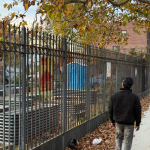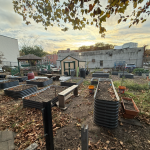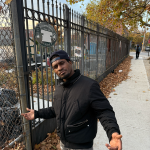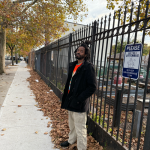How to Stay Calm at Work When a Coworker Acts Like the Boss
Dealing with a coworker who constantly oversteps their role can be frustrating, but staying calm and composed is key to maintaining professionalism. Start by setting
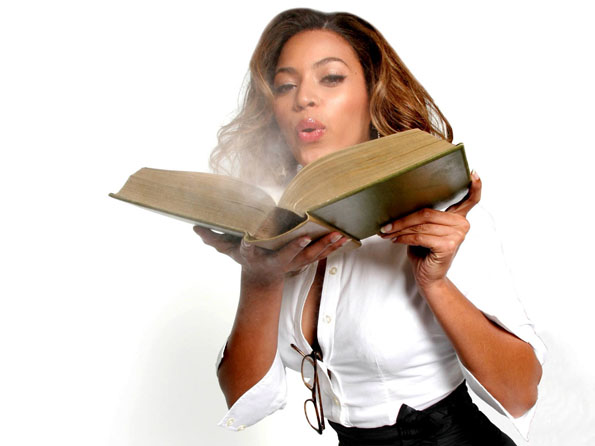
New York, November 12, 2024
In a time when higher education is reaching out into the worlds of pop culture and everyday life, it feels only natural that Yale University would open its doors to the lyrical world of Beyoncé. Starting next spring, students at Yale will have the opportunity to take “Beyoncé Makes History: Black Radical Tradition History, Culture, Theory & Politics through Music,” a course entirely dedicated to examining the influence and artistry of Beyoncé Knowles-Carter.
This course isn’t a fan club meeting disguised as academia. No, it’s about digging into Beyoncé’s contribution to Black radical traditions, understanding the cultural impact she wields through music, and unpacking her role as a political influencer in our current era. Professor Daphne Brooks, a veteran in African American studies and the co-founder of Yale’s Black Sound & the Archive Working Group, is set to lead the charge. This class isn’t her first foray into the cultural crossroads of music and activism; she previously taught a course on Black women in popular music culture at Princeton. But this is her first time focusing solely on Queen Bey—an icon, 32-time Grammy winner, and the embodiment of an artist who operates beyond the traditional confines of pop.
The timing couldn’t be better. With artists like Taylor Swift, Lady Gaga, and even Kanye West being discussed in classrooms around the country, academia is waking up to the fact that today’s pop icons are shaping minds as much as they’re making music. What’s more, these artists are becoming vehicles for students to explore issues of identity, politics, race, and social justice. A classroom isn’t just a place for dusty textbooks anymore; it’s a site of cultural inquiry that recognizes music as a historical and political artifact.
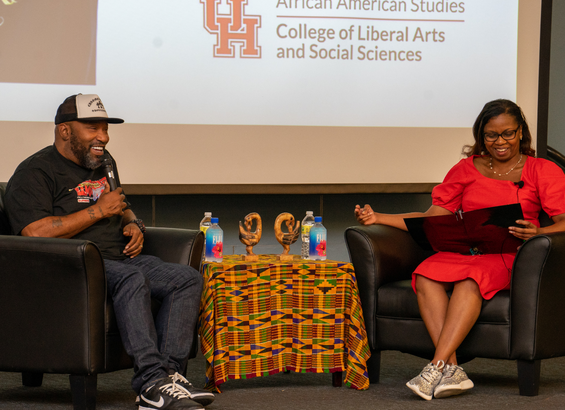
Yale’s Beyoncé course is joining a wave of curricula that are rewriting the syllabus for pop culture studies. Houston’s own Bun B recently rolled out an online course on hip-hop, taking learners through the genre’s origins, its power to mobilize communities, and its unshakable grip on American culture. What these courses are doing, beyond just building star-studded syllabi, is elevating artists from mere musicians to complex subjects of academic investigation. They’re saying, “Hey, this music isn’t just entertainment—it’s history, it’s sociology, it’s art.” And they’re tapping into the power of narrative and rhythm as educational tools.
It’s a wild time in the classroom, as universities are acknowledging that the path to enlightenment might sometimes wind through a verse or a beat.
Dealing with a coworker who constantly oversteps their role can be frustrating, but staying calm and composed is key to maintaining professionalism. Start by setting
Let’s get real about our YouTube series “Unorthodox” – specifically our first episode of WAKEUP WHIFF. Four editors later, and here we are. The Editor

By Yishay Stewart-Mitchell(Wax) As a passionate cultivator of medicinal plants, I’ve found that some of the most potent remedies come from unexpected places. Two stars
Feel free to contact us if you have any issues with a order or anything else.
